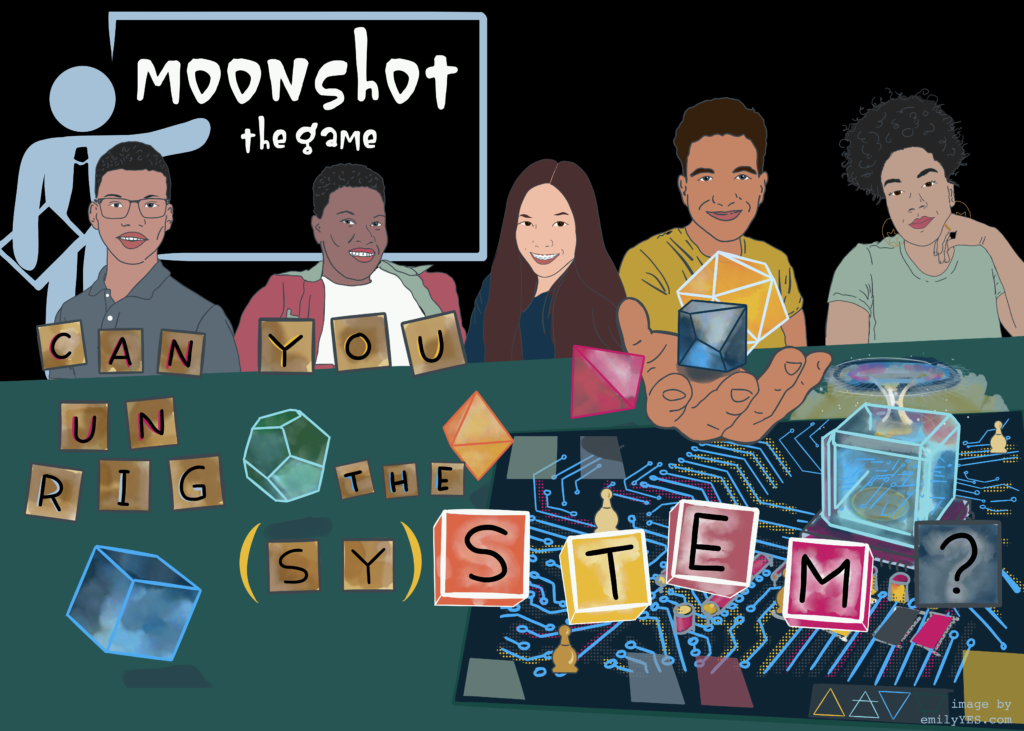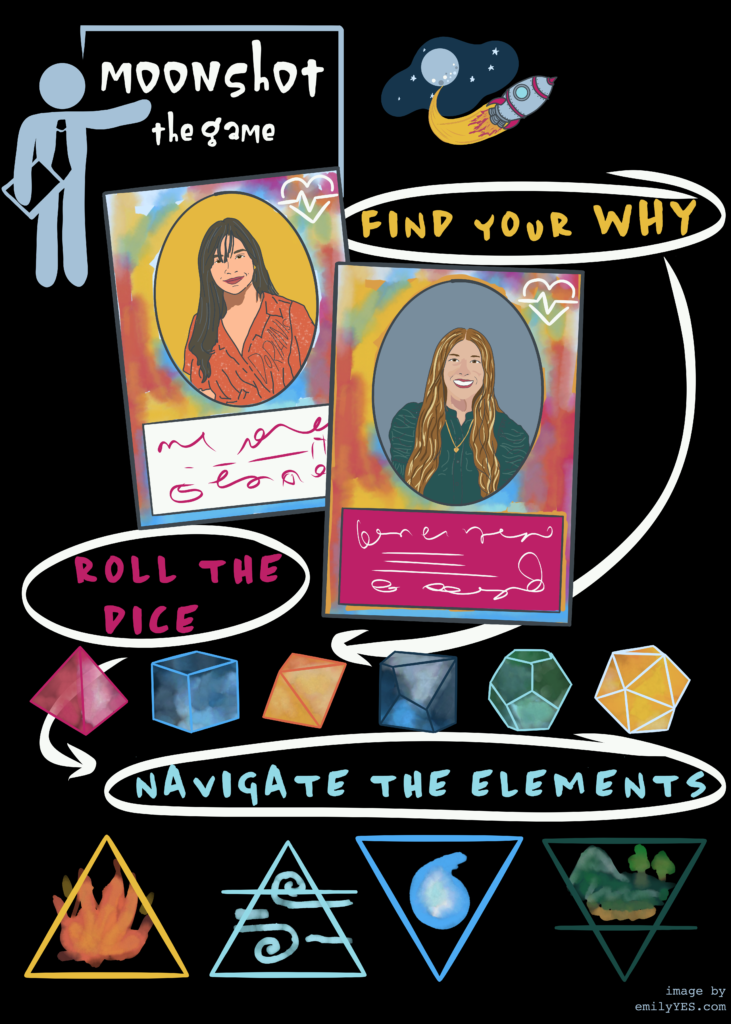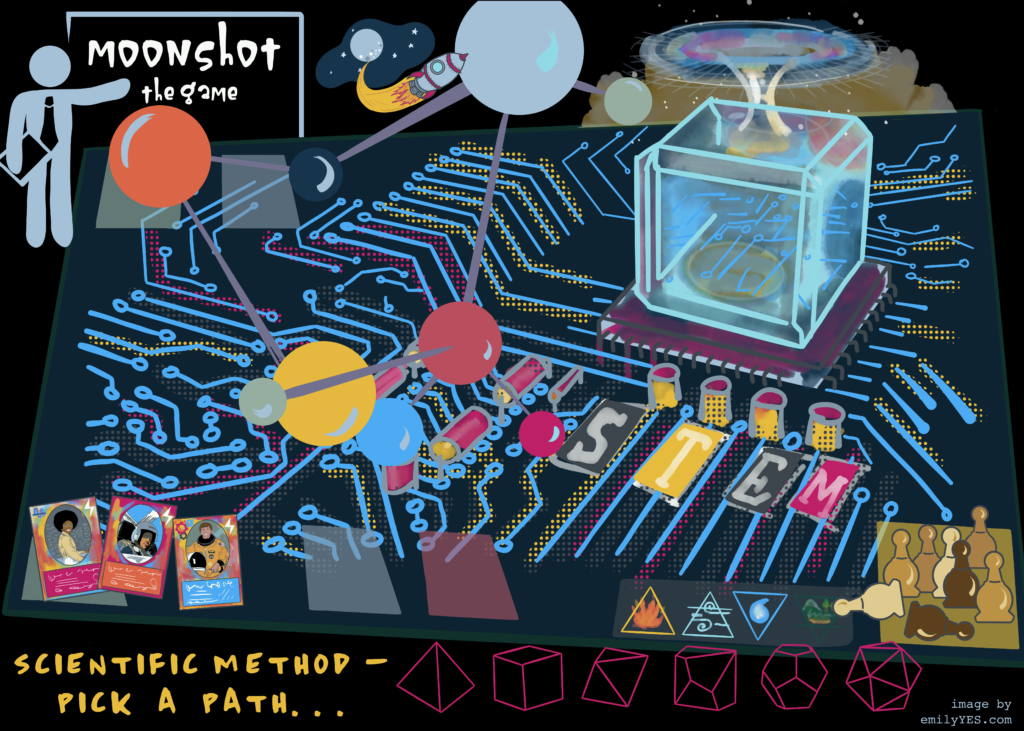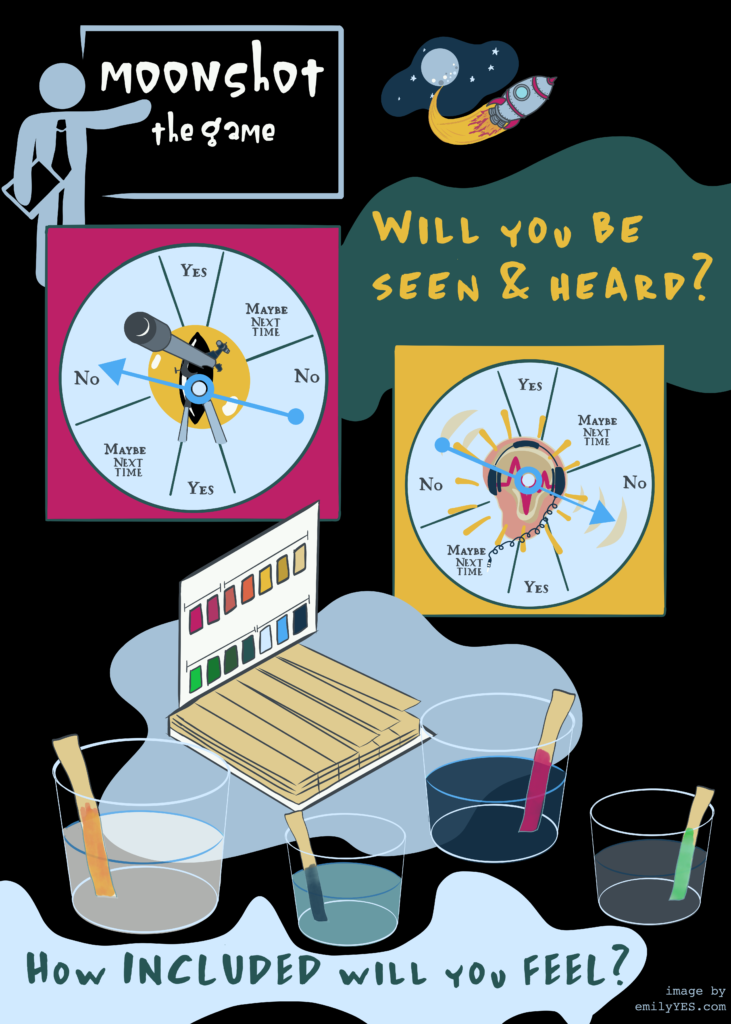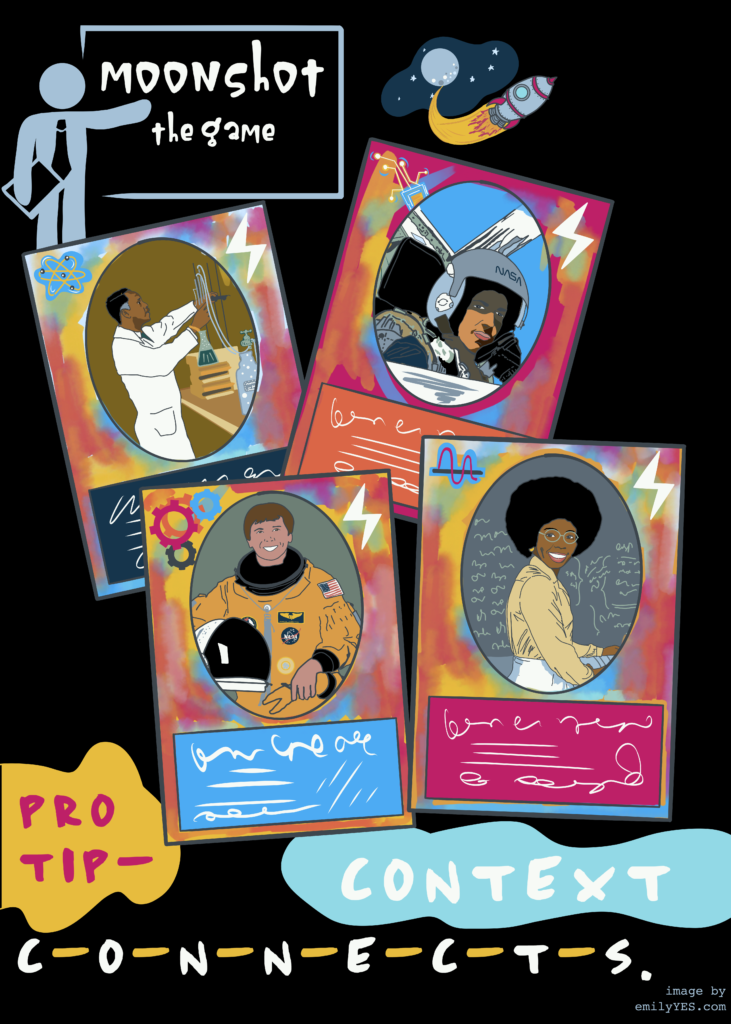Insights from unCommission Stories
November 12, 2021
More than 500 young people across the country have shared their experience with science, technology, engineering, and math learning through the unCommission, offering their experiences of curiosity, joy, and excitement, as well as of intimidation, apathy, and discrimination. These stories illuminate inequities and challenges of the education system while also pointing to places for hope. From them, we are pulling out themes and patterns that will guide the identification of goals for the future of STEM learning and opportunity.
Today we are excited to share 12 insights that are emerging from these stories, grouped into four themes, along with an illustration series inspired by these insights. (Scroll to the end of the post to see these illustrations in full size.) Artist Play Steinberg shared: "I chose the metaphor of a role-playing game to represent the core themes emerging from the unCommission’s work. Each student’s journey is unique, and chance plays a large role in their outcomes, but at the end of the day, the field is still rigged. What would happen if the players themselves made the rules? What if STEM education centered students’ lived experiences?"
Learn more about each insight and what we heard from storytellers here. In the coming weeks, we will be sharing additional nuance on these insights.
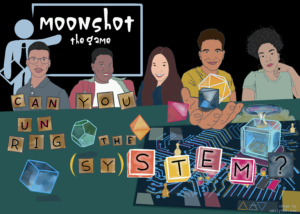
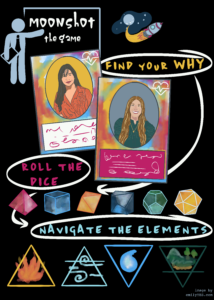
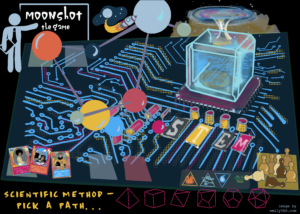
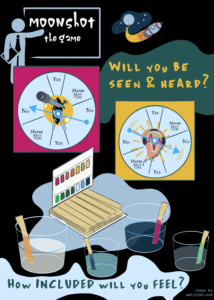
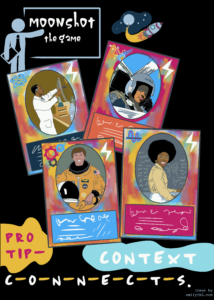
Insights Around Storyteller Feelings
Insight 1: In order to thrive, students need to have a sense of belonging and inclusion as they navigate STEM experiences.
Insight 2: For some students, STEM experiences were permeated with a range of positive emotions that include enjoyment, enthusiasm, exuberance, and pride, and these feelings made a difference in how students perceived STEM and their STEM learning journeys.
Insight 3: For some students, feelings of confusion, stress, and sadness dominated their STEM classroom experiences. The larger context of classroom learning, which goes beyond just a focus on content, played an important role in students’ STEM journeys. The intensity of students’ negative emotions impacted their belief in their ability to flourish as STEM learners.
Maybe in third or fourth grade I just missed a day that was really important, and I wasn't able to bounce back from that or make up for that missed day. It felt like I was just missing a piece of information, and I never, I never thought about.
Insights Around the Classroom Experience
Insight 4: When teachers develop supportive relationships with students that go beyond instruction, students feel seen and heard, not just as learners, but as people.
Insight 5: Teachers who show their passion for STEM are a source of inspiration for their students.
Insight 6: Students experience a sense of excitement and curiosity when teachers use a variety of interactive STEM instruction.
Insight 7. Collaborative STEM projects can be fraught with tension or filled with delight.
I got to 11th and 12th grade when I finally got a teacher who did these hands on, like engineering projects for us...we did a final project where instead of like, having a test...we did a a project where you would design a trebuchet...to hit our teacher in the face with like little pies and stuff. And that really got me more interested in that, that engineering bit...seeing the like, actual practical application of math for the first time...for a 16 year old was sort of mind blowing...teachers told me..., ‘Oh, you'll use math…’ but I'd never really understood it…
Insights Around Storyteller Background/Identity
Insight 8: Many female students experience sexism in STEM classrooms. For some women, this leads to an increasing sense of resiliency and empowerment as they challenge existing cultural expectations and stereotypes. For others, these experiences negatively impact their self worth.
Insight 9: Many students experience racism in STEM classes. This has a powerful impact on them both emotionally and academically.
Insight 10: Parents/guardians have different levels of expertise in STEM that impact students’ STEM learning journeys. Students sometimes attribute this to cultural differences in how STEM is taught.
My brown skin and Brazilian heritage confused my classmates and infuriated my teachers, making me a target of ridicule from peers and teachers alike. My second grade teacher had the most profound effect on me. She sent me in for English as a Second Language testing despite my instance that English was my mother tongue, forced me to stay in at recess and late after school was over to "re-learn" how to hold a pencil, and marked my answers as incorrect on my math homework even when I written the right answer.
Insights Around STEM Interest
Insight 11: Childhood experiences such as exposure to the natural world, experimentation, playing with toys, and engaging with challenging math problems leads some students to develop an interest in STEM. However, exposure does not necessarily lead to interest for all students.
Insight 12: Students choose to pursue STEM careers for a variety of reasons. For some, it is a way to give back, and for others, it is a way to continue a passion and love for STEM throughout their lifetimes.
I was first introduced to STEM as I had a fascination with Thomas & Friends trains and desired to become a MTA conductor around the age of seven years. Then, as I started learning addition, subtraction, division, multiplication, and numbers in my elementary school days, I began to have a passion for mathematics.
Full size illustrations:
